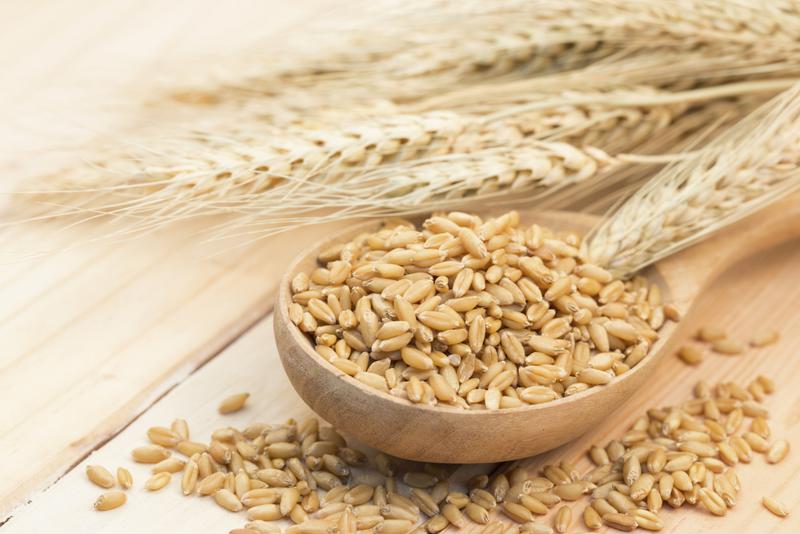
There have been several stories as of late about the coffee industry investing in initiatives to create a more sustainable supply chain, including Starbucks' recent billion-dollar sustainability bond to fund its Greener Retail program. But that's not the only beverage industry spending big bucks to build a more environmentally friendly supply chain in an effort to protect its cash crop from climate change.
Also making strategic investments are brewing giants like Molson Coors, which over the last decade has poured $20 million into initiatives like its Better Barley, Better Beer program, which is designed to incentivize sustainable farming and protect the company's supply of barley.
It turns out the drink that Americans need to get going in the morning is as imperiled by climate change as the one they use to unwind after a hard day's work. Just as coffee beans are threatened by rising temperatures, so too are barley crops at risk of severe weather and climate change. According to a study published last year in Nature, extreme drought and heat can damage barley and decrease yields by up to 17%.
A lack of barley means Molson Coors can't produce its line of beers, which includes well-known brands like Coors, Miller, Blue Ribbon, Keystone and more. So to protect its procurement process, the company has incorporated real-time data and technology into the mix.
Building a better barley crop with advanced tech
Malting grade barley is an especially sensitive crop that requires just the right amount of water and heat to thrive, with too much or too little of either producing low-quality or low-volume yields."The game in managing this really comes down to data," Bill Dempsey, Molson Coors' chief procurement officer, told Supply Chain Dive in an interview. "It's putting the data at your folks' fingertips so that they can make decisions quickly."

Though adoption took some time, Molson Coors says it now has 100% direct supplier participation from all 800-plus growers in the U.S., allowing the company to drill down findings to a farm level and better identify trends and opportunities.
With real-time data, Molson Coors and its farmers and agronomists can mitigate risk by making informed decisions, such as whether to delay harvest or harvest crops more quickly and move them to grain elevators.
Sustainability that starts at the seed
In 2016, the multinational brewing company developed a variety of barley known as Bill Coors 100, which the company claims requires less water than traditional barley crops and can create 33% higher yields.This more efficient barley variety developed for suppliers is another way that the brewer is using its supply chain to meet the sustainability goals it set in 2016 to improve water efficiency in the supply chain and operations by 10% by 2025.
Molson Coors is also targeting 100% sourcing of barley and hops from what it defines as sustainable suppliers by 2025. To meet that initiative, the company is using financial incentives that encourage its suppliers to take steps to maintain soil fertility, water resources, air quality, and biodiversity.
And the Grower Direct Portal will also play a large role in making sure everyone in the supply chain is on the same page regarding sustainable practices.
"The biggest tactic... is to be very direct with those relationships," said Dempsey. "We've got agronomists in the field. We spend a lot of time with our growers."


Post A Comment:
0 comments so far,add yours